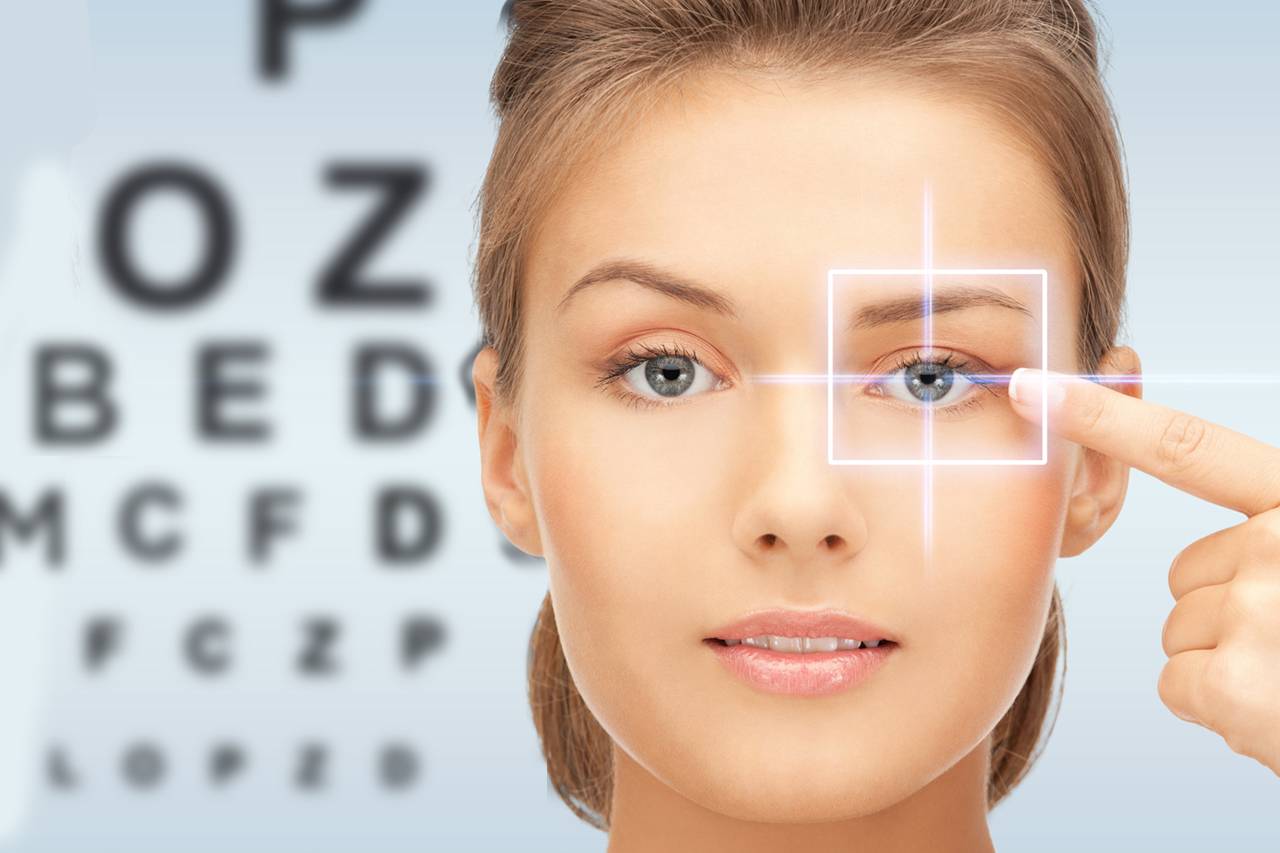The Significance of Normal Eye Tests: Insights From a Seasoned Optometrist
Routine eye tests offer as a vital part of healthcare that extends past simple vision modification. A skilled eye doctor can provide understandings into just how these analyses not only find common eye conditions however likewise reveal underlying wellness problems that may otherwise go unnoticed.
Benefits of Routine Eye Exams
Although numerous people might neglect the value of routine eye examinations, these analyses play a critical role in maintaining total health and wellness and well-being. Normal eye exams serve not just to assess vision however also to spot very early indications of systemic health concerns, including diabetic issues and hypertension. By determining these conditions at their inception, people can get timely interventions, substantially enhancing lasting outcomes.
Furthermore, eye tests can assist in keeping track of existing health and wellness concerns, making certain that any adjustments in vision or eye wellness are without delay dealt with (optometrist). The evaluations enable personalized referrals regarding eyeglasses, lifestyle changes, and safety procedures against prospective eye stress or damages
Beyond physical health, the advantages of routine eye exams extend to enhancing quality of life. Boosted vision assists in better performance in daily activities, from reviewing to driving, therefore adding to greater independence and safety and security. Ultimately, focusing on eye tests fosters an aggressive strategy to health and wellness management, encouraging individuals to take fee of their well-being. Routine exams are a vital part of a thorough medical care approach, making sure that both vision and general health and wellness are maintained throughout life.
Common Eye Issues Detected
Normal eye examinations contribute in identifying a range of common eye conditions that can considerably impact vision and general health. Among the most widespread conditions recognized throughout these evaluations are refractive errors, including myopia (nearsightedness), hyperopia (farsightedness), and astigmatism. These conditions frequently show up as obscured vision and can be quickly remedied with prescription glasses or contact lenses.
Another usual problem is glaucoma, a team of eye diseases that damage the optic nerve, commonly linked to boosted intraocular stress. Early discovery is vital as it can prevent irreversible vision loss.
Age-related macular deterioration (AMD) is an additional substantial problem that affects main vision, especially in individuals over 50. Lastly, diabetic retinopathy, a difficulty of diabetic issues, can result in extreme vision impairment if not monitored regularly. Via thorough eye examinations, these conditions can be determined early, enabling timely management and treatment to maintain vision and improve lifestyle.
Importance of Early Discovery
Early discovery of eye conditions plays a vital function in protecting vision and stopping considerable health complications. Several eye illness, such as glaucoma, diabetic retinopathy, and age-related macular degeneration, can advance silently without obvious symptoms in their onset. By the time signs manifest, irreparable damages might have taken place, resulting in permanent vision loss.
Regular eye examinations promote very early diagnosis, allowing for prompt treatment and treatment. For circumstances, dealing with elevated intraocular stress can prevent the beginning of glaucoma, while handling blood sugar level levels can considerably decrease the threat of diabetic retinopathy. Furthermore, conditions like cataracts can be effectively taken care of with medical intervention when recognized early.

Just How Usually Should You Check Out?
Identifying the regularity of eye tests is necessary for maintaining ideal eye health and vision. The general recommendation for adults is to have a comprehensive eye examination every one to two years, depending on specific risk elements and age.
Individuals with specific threat elements, such as a household history of eye condition, diabetes mellitus, or existing vision issues, might need even more frequent assessments. Children should have their very first eye exam at six months old, complied with by additional examinations at age 3 and prior to going into institution. Regular examinations throughout youth are critical as vision can transform quickly throughout developing years.
Ultimately, the regularity of brows through should be tailored to every person's circumstances, including way of living, job-related threats, and any type of pre-existing eye conditions. Consulting with an eye treatment expert can provide tailored recommendations, guaranteeing that your eye wellness is regularly kept an eye on and maintained.
Tips for Your Eye Exam
Preparing for your eye examination can boost the efficiency of the check out and guarantee a thorough examination of your eye health. To optimize your time with the eye physician, it is crucial to collect appropriate details prior to your appointment. Begin by assembling a list of any medications you are presently taking, consisting of over the counter drugs and supplements, as these can affect Source eye wellness.
Furthermore, record any type of signs and symptoms you have experienced, such as obscured vision, pain, or frustrations. This details will certainly help your eye medical professional in detecting possible issues.
It is also useful to have a household background of eye conditions at hand, as hereditary elements can contribute to your eye health and wellness. Finally, take into consideration scheduling your test for a while when you are less hurried, enabling you to ask concerns and review your worries extensively. By preparing adequately, you ensure that your eye examination is productive which your websites ophthalmologist has all the required details to offer the very best care possible.

Final Thought
Routine eye tests play an important role in preserving both vision and total health and wellness. They help with the early discovery of numerous eye conditions and systemic issues, permitting for timely intervention. The referrals for regularity highlight the significance of proactive care. Implementing easy primary pointers can improve the assessment experience. Inevitably, prioritizing thorough eye evaluations contributes substantially to the preservation of vision and the enhancement of high quality of life, highlighting the requirement of routine eye care in preventative medical care strategies.
Routine eye tests are crucial in discovering a range of typical eye problems that can dramatically influence vision and overall wellness.Figuring out the frequency of eye exams is crucial for preserving optimal eye health and vision.Preparing for your eye exam can improve the efficiency of the see and ensure a comprehensive assessment of your eye health (optometrist). By preparing appropriately, you make sure that your eye exam is efficient and that your eye physician has all the essential info to provide the best care possible
Eventually, prioritizing detailed eye assessments adds significantly to the preservation of vision and the renovation of top quality of life, underscoring my sources the need of regular eye treatment in precautionary health care strategies.